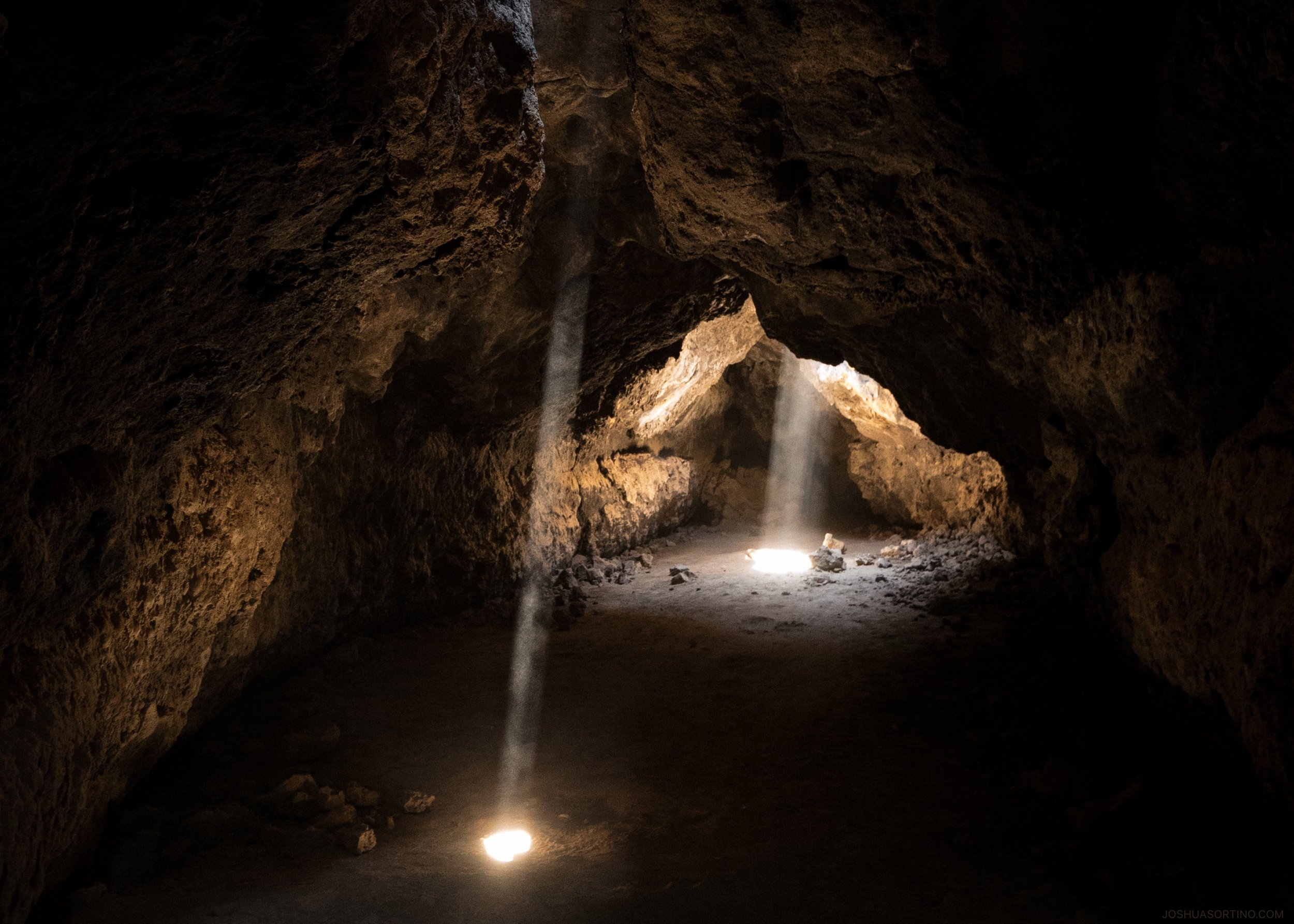Back and Forth: Psalms 57 & 142
Photo by Joshua Sortino on Unsplash
Some people like to go spelunking, i.e. cave exploring. The helmets with the lights on them. The ropes and harnesses. That's going into caves for fun, but imagine if you had to live in one. That'd include a sleeping bag on a hard floor. Drip-drip-dripping. Bats, maybe. And now imagine that you have to live in one because you are on the run for your life. That'd include fearfulness to be seen outside the cave. Missing the friends and family you used to see all the time.
Two of the Bible's psalms—Psalms 57 and 142—are about cave-living. They refer to an event described in 1 Samuel 22:1-2. Their inscriptions say: "When David fled from Saul, in the cave" (57) and "When he was in the cave, a prayer" (142).
Interestingly, the psalms sound like different people, because they have contrasting moods. Psalm 57 is up; Psalm 142 is down. Psalm 57 says, "Be merciful to me, O God, be merciful to me, for in you my soul takes refuge; in the shadow of your wings I will take refuge, till the storms of destruction pass by" (1 ESV). That's hopeful. Picture refugee life, in the cave, with a thunderous storm overhead, cascading rain at the entrance. David hears it, feels it, shivers because of it, and thinks, "God is strong like this cave. God is my refuge." He's feeling pretty positive that day.
Psalm 142 feels different: "With my voice I cry out to the Lord; with my voice I plead for mercy to the Lord. I pour out my complaint before him; I tell my trouble before him" (1-2). That's not hopeful. David is still thinking about the cave, but this time, how he's stuck in it. He says, "Look to the right and see: there is none who takes notice of me; no refuge remains to me; no one cares for my soul" (4). Still thinking about the refuge, but this time, the cave is just not good enough.
Despite the different moods, these psalms have so much in common. They both take place in David's cave days. Both begin with a plea for mercy. David depends on God's omniscience in both, that God has a purpose (57:2) and knows David's way (143:3). He uses the refuge theme in both and the net/trap symbolism about his enemies. But with so much in common, the same mind making the same observations, these psalms just don't match each other in spirit. One is hopeful, while the other is discouraged. Same cave; different emotions day by day.
We learn something here: Even for those who put their hope in God (and on this side of the cross, that means hoping in the sacrifice God provided, which is Jesus Christ) even for those who hope in God, when you are in your cave, you might go back and forth. You might tell your friends one day that you are feeling fine about your troubles. "I'm ok," you tell them, "because God is good." You're having a 57-day. But then on another day, you might tell them (and God too) that you're not ok, that you don't feel good about it. It's a 142 kind of day. That doesn't mean anything is wrong with your faith. It just means you are smaller than the problem and need the God who is bigger. That's basic cave living.

